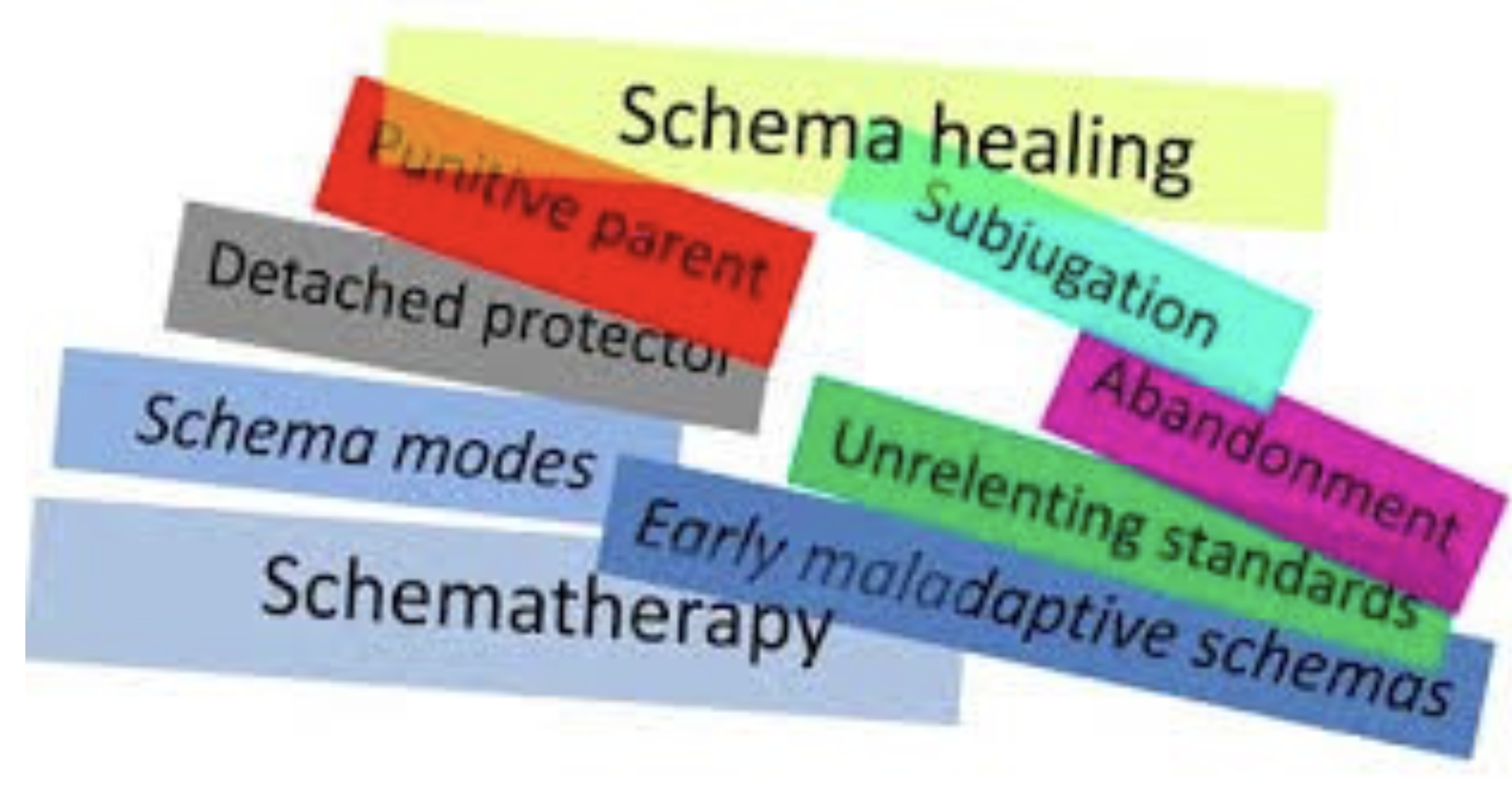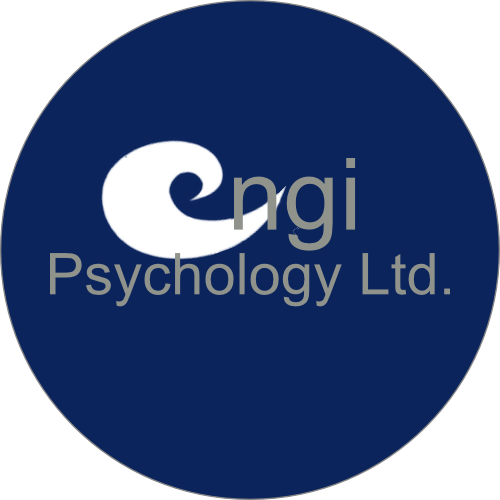Schema Therapy

What is Schema Therapy?
Schema Therapy is an integrative treatment approach that combines the best elements of cognitive-behavioral, experiential, interpersonal, and psychoanalytic therapies. Developed by Dr. Jeffrey Young, who initially worked closely with Dr. Aaron Beck, the founder of Cognitive Therapy, Schema Therapy was created to address patients with chronic, characterological issues that were not adequately addressed by traditional cognitive-behavioral therapy. Dr. Young (1990, 1999) and his colleagues at the Center for Cognitive Therapy at the University of Pennsylvania identified individuals who had difficulty benefiting from standard therapeutic methods. They discovered that these individuals had long-standing patterns of thinking, feeling, and behaving that required a different intervention. Schema Therapy was designed to help these patients address and modify “schemas” or “life-traps.” This therapeutic approach has proven effective in helping people overcome these life traps and break long-standing negative (maladaptive) patterns. Dr. Young defines schemas as “broad, pervasive themes regarding oneself and one’s relationship with others, developed during childhood and elaborated throughout one’s lifetime, and dysfunctional to a significant degree.” These schemas consist of negative or dysfunctional thoughts and feelings reinforced over time, creating obstacles to achieving goals and fulfilling one’s needs. Common schema beliefs include: “I’m unlovable”, “I’m a failure”, “People don’t care about me”, “I’m not important”, “Something bad is going to happen”, “People will leave me”, “I will never get my needs met”, “I will never be good enough”.
These schemas are often perpetuated through coping styles like schema maintenance, schema avoidance, and schema compensation. The goal of Schema Therapy is to help individuals break these ingrained negative patterns and replace them with healthier ways of thinking, feeling, and behaving.
Schema Therapy is particularly effective in treating chronic depression, anxiety, relationship difficulties, and in preventing relapse among substance abusers. It is also used to treat personality disorders.
Schema Therapy is used to address the following emotional difficulties:
- Personality Disorders
- Self-destructive behaviors (e.g., addiction, self-harm, promiscuous sexual relationships)
- Problems with intimacy, including difficulties initiating or sustaining relationships
- Repeatedly ending up in abusive relationships
- Eating disorders
- Chronic mental health issues that have not improved with previous therapy
The video below explains how schema therapy works and what to expect in therapy:
In this video, Dr. Jeffrey Young (the founder of Schema Therapy) explains the principles of Schema Therapy for treating personality disorders.










